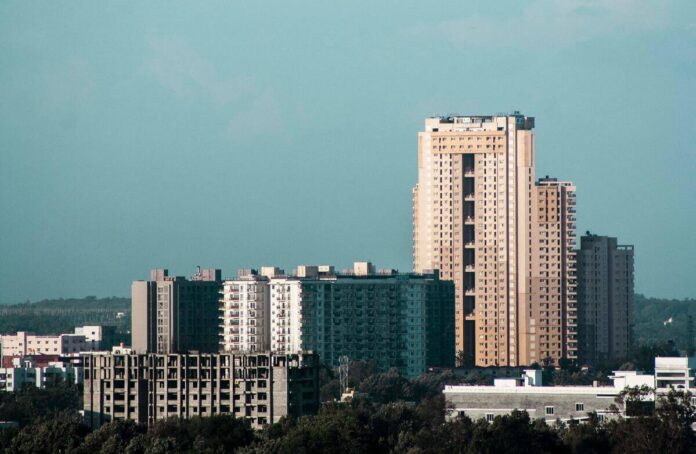According to experts, Bengaluru’s real estate market currently has a 35 percent proportion of large-scale developers, up from 25 percent two years ago, and a 25 per cent share of medium-scale developers, up from 15 per cent.
What’s it about? Due to a severe credit crunch, mid-scale or category B developers were forced out of the market in the state following COVID and the introduction of the Real Estate (Regulation and Development) Act, 2016. However, recently, with a 30–40% increase in the city’s demand for inventory, they have started to slowly recover.
- According to ANAROCK Research, Bengaluru had 26,030 delayed housing units worth ₹28,000 crores as of May 2022.
- Investors said that the backlog and the state’s real estate regulator’s lengthy order processing times—often up to three years—had affected consumers’ preferences in the city. According to experts, Bengaluru’s postponed projects have provided possibilities for the city’s medium-segment developers.
Unique from others: In terms of obtaining completion and occupancy certifications, Bengaluru is unique from other parts of the nation. It is simpler for a builder to obtain plan approvals and inspections for occupation and completion certificates for smaller projects with a maximum of two towers than it is for bigger ones. Smaller developers may easily obtain these, which has led them to begin completing projects quickly.

